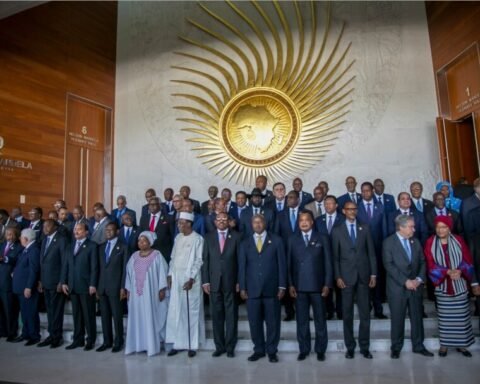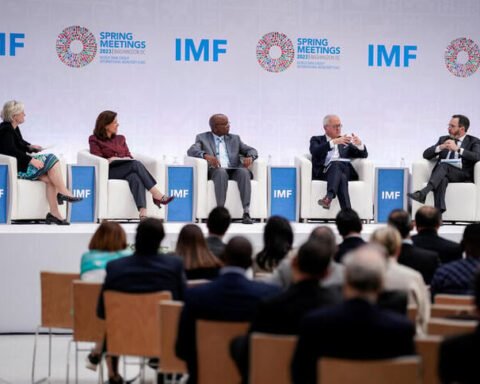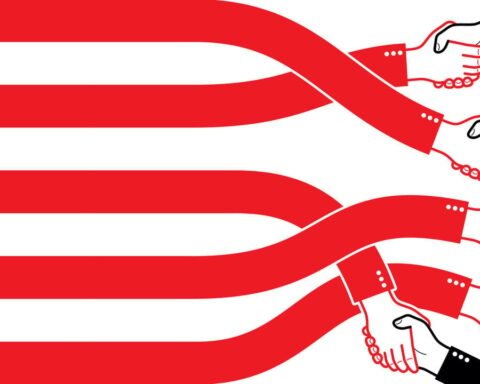China has introduced a landmark nationwide subsidy program, offering parents 3,600 yuan annually (approximately £375 or $500) for each child under three years old.
This financial support is the government’s first large-scale initiative to help families with the cost of raising young children and to encourage a rise in the nation’s declining birth rate.
The program is expected to assist roughly 20 million families, providing direct economic relief as China grapples with demographic challenges. The country’s birth rate has continued to fall steadily despite the abolition of the one-child policy nearly a decade ago. Since then, authorities have progressively relaxed birth restrictions, permitting families to have two and later three children, but these reforms have yet to spur a lasting baby boom (China’s family planning policy).
Experts point to a mix of factors behind the sustained low fertility rate: the rising cost of living and education, increased urbanization, changing attitudes toward marriage and childbearing, and concerns about work-life balance. These trends are not unique to China but reflect a broader pattern seen in many developed and developing countries around the world (Demographic transition).
Also Read; Fire Kills Five Young Children in Tabora Orphanage Dorm
The subsidy aims to reduce the financial strain on families during the critical early years of childrearing, signaling a shift in government approach—from restricting births to actively supporting parents. This initiative also aligns with efforts to counterbalance the country’s rapidly aging population, which poses risks to economic growth, healthcare systems, and social security programs (Population aging, Economic implications).
Internationally, many nations face similar demographic pressures, prompting policymakers to explore various incentives such as child subsidies, parental leave reforms, and affordable childcare services to boost fertility and support families (Fertility incentives globally).
China’s subsidy program is therefore part of a growing global movement recognizing that sustainable population growth requires not only policy changes but also tangible support for families to thrive.







